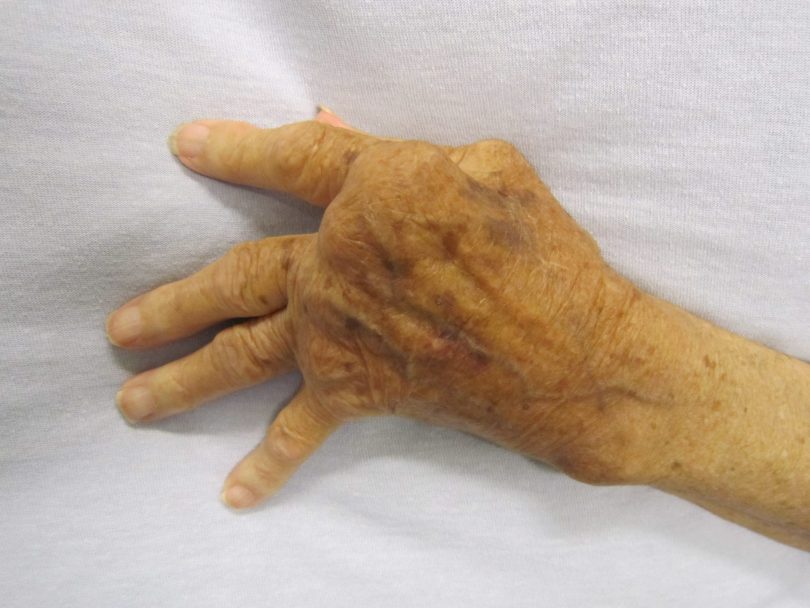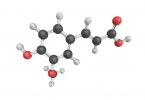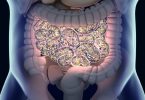Rheumatoid arthritis affects a great deal of people, yet despite its prevalence, very little is known about what actually causes the illness. The condition itself is characterized by inflammation in the hands, feet, and joints, with more severe cases affecting or disrupting the function of the internal organs.
It has been demonstrated that early detection of rheumatoid arthritis can significantly increase the effectiveness in treating the condition, which can be very difficult to deal with once it has advanced to a critical stage. One of the main problems with treatment of rheumatoid arthritis is the fact that the medicine(s) used often suppress immunological responses. Suppression of immunology in extreme cases of rheumatoid arthritis often leads to fungal and bacterial infections; so, those who undergo these treatments must take extra measures to ensure that they are insulted form rogue sources of possible infection.
One of the more serious complications that might arise from treatment of rheumatoid arthritis is called “macrophage activation syndrome”, which must be immediately treated with both steroids and cyclosporin A.
Rheumatoid arthritis itself is classified as an autoimmune disorder, meaning that whatever the root cause(s) of the disease, the body actually begins attacking healthy tissue, which leads to the symptoms inherent to the condition. While most people assume that only middle-aged to older individuals are susceptible to rheumatoid arthritis, the truth is that it can strike anyone of any age. The current belief is that RA is somehow linked to hormonal changes and / or the onset of some type of infection, but in truth, there is no evidence which supports a definitive cause of the illness itself.
Symptoms of rheumatoid arthritis include:
• Loss of range of motion in joints and / or physical deformity
• Chest discomfort / pain when taking deep breaths
• Persistent dry mouth
• Persistent dry eyes, including discharge and / or burning
• Numbness in the extremities
• The sensation of extremely stiff joints in the morning which persists for longer than an hour
• Joint pains on both sides of the body simultaneously
If you suspect that you might have developed symptoms of rheumatoid arthritis you should contact your general practitioner in order to schedule a thorough physical evaluation as soon as possible.







